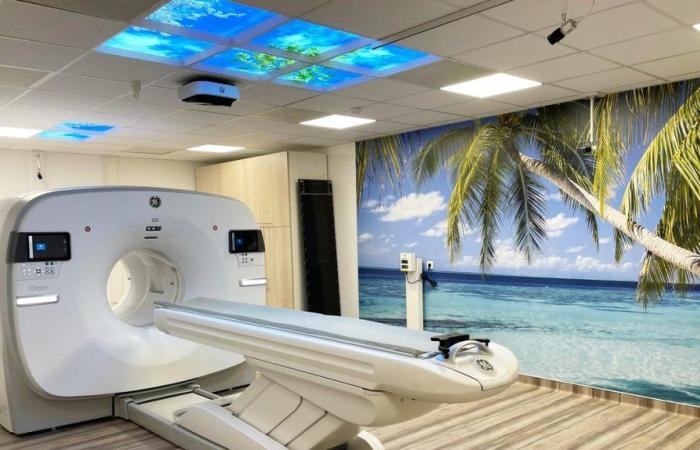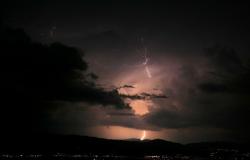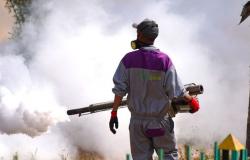The Nîmes University Hospital is commissioning two new machines which improve the care provided to patients.
Nîmes University Hospital has acquired two new new generation digital PET (positron emission tomography) scans. The first PET scan has been operational since May and the second PET scan should be operational during October. These precious tools, priced at three million euros each, are installed in the IGG (Institut de Cancérologie du Gard). A major aid, symbol of a major advance for the quality of care and the effectiveness of medical examinations.
A PET scan is a functional medical imaging method. It works by injecting a radiopharmaceutical into a patient’s body. This innovative technology is useful to nuclear doctors to be able to accurately diagnose and monitor the effectiveness of the treatments provided, particularly for cancer.
The head of the nuclear medicine department and head of the oncology center at Nîmes University Hospital, Professor Pierre-Olivier Kotzki, expresses his satisfaction with these new devices: “We will be able to carry out exams with improved performance. The Nîmes University Hospital now has the most efficient equipment in the entire Occitanie region, a privilege that we share only with the Oncopôle in Toulouse.”
The new “jewels” of the hospital center are at the origin of significant technological advances in three different areas: reducing the dose of injected radiotracer, reducing image acquisition time and improving image quality. obtained. Using digital signal processing, supplemented by artificial intelligence and advanced detectors, PET scans allow a 50% reduction in the dose of radiotracer injected in a record acquisition time: around eight minutes.






